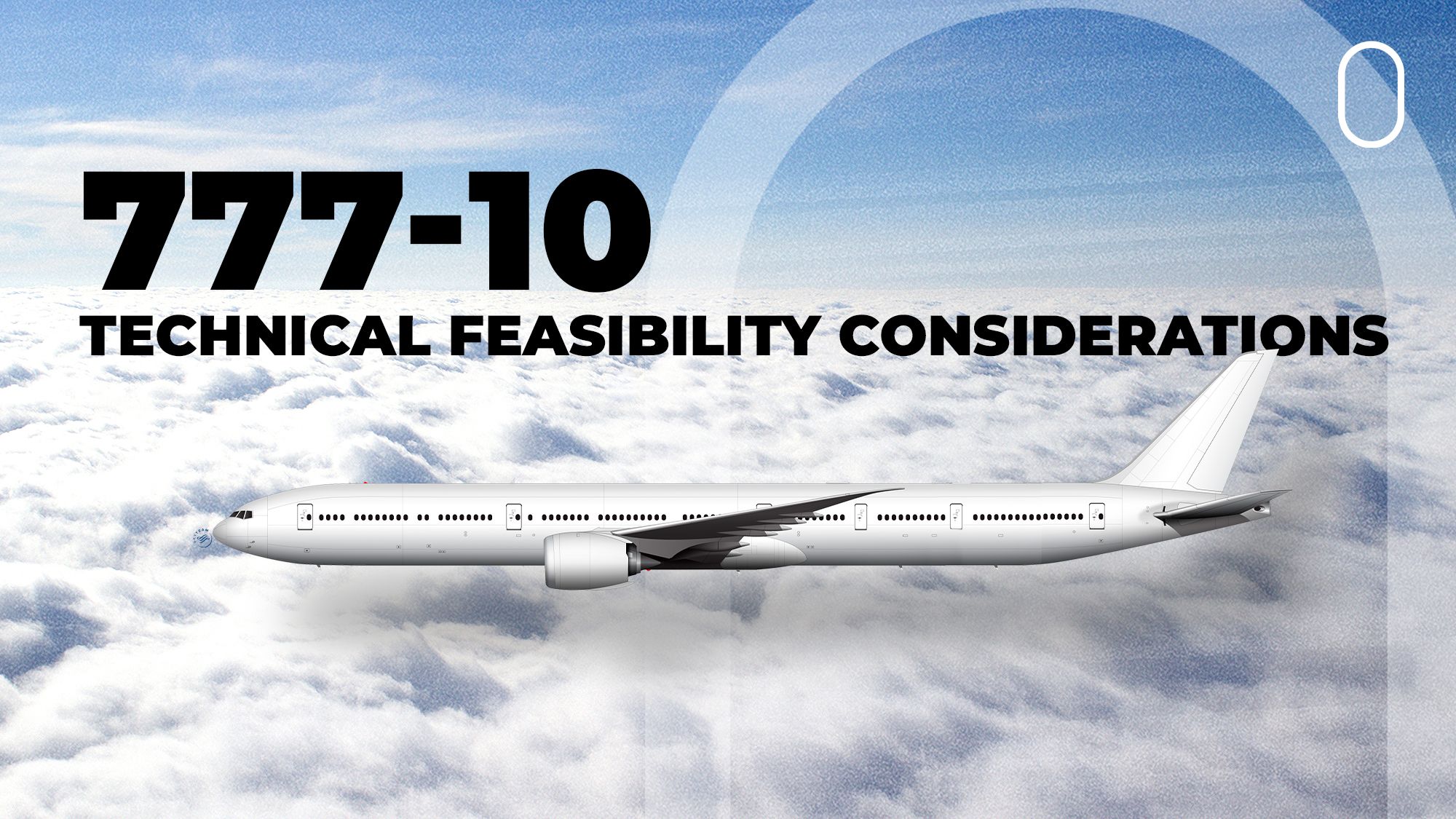World
Emirates Pushes for Development of Boeing 777-10 Variant

Demand for a new Boeing 777-10 variant is intensifying, particularly from Emirates, which aims to replace its aging fleet of Airbus A380 aircraft. This potential development marks a significant shift in the commercial aviation landscape, as the 777-10 could address the needs of airlines seeking more efficient long-haul options. The considerations for developing such a jet extend beyond simply lengthening the fuselage.
Understanding Market Dynamics
The commercial aviation market is evolving, with airlines increasingly focusing on operational efficiency and sustainability. Emirates has been a key player in this transition, operating one of the largest fleets of Airbus A380s. As these aircraft near the end of their operational life, the airline is exploring alternatives that can offer similar capacity while being more fuel-efficient.
According to industry experts, the proposed Boeing 777-10 could provide a solution. This model would not only feature a stretched fuselage but could also incorporate advanced aerodynamics and new engine technology to enhance fuel efficiency. The potential for reduced operating costs is a significant driver for Emirates and other airlines considering this upgrade.
Technical and Operational Considerations
Developing the Boeing 777-10 involves multiple technical considerations. The airframe design will need to accommodate a larger passenger capacity while ensuring structural integrity. Additionally, new engine options are crucial for meeting stricter environmental regulations and reducing emissions.
Boeing will also need to analyze the market demand for the 777-10 extensively. With airlines increasingly seeking twin-engine planes for long-haul routes, the 777-10 must compete effectively with other aircraft in its class. This includes addressing passenger comfort, cargo capacity, and operational flexibility.
Moreover, the supply chain dynamics for such a large-scale project require careful planning. Boeing must ensure that suppliers can meet the necessary quality and production timelines to deliver the aircraft on schedule.
The financial implications of the 777-10’s development are also significant. Boeing will need to consider the costs associated with research and development while ensuring a robust return on investment. The success of this aircraft will depend on both its market acceptance and the airline industry’s recovery trajectory post-pandemic.
As Emirates continues to lead discussions with Boeing about the 777-10, the aviation community watches closely. The outcome of these negotiations could reshape the future of long-haul air travel, offering airlines a modern alternative to the A380 and addressing the growing demand for efficient air travel solutions.
-

 Lifestyle4 months ago
Lifestyle4 months agoLibraries Challenge Rising E-Book Costs Amid Growing Demand
-

 Sports4 months ago
Sports4 months agoTyreek Hill Responds to Tua Tagovailoa’s Comments on Team Dynamics
-

 Sports4 months ago
Sports4 months agoLiverpool Secures Agreement to Sign Young Striker Will Wright
-

 Lifestyle4 months ago
Lifestyle4 months agoSave Your Split Tomatoes: Expert Tips for Gardeners
-

 Lifestyle4 months ago
Lifestyle4 months agoPrincess Beatrice’s Daughter Athena Joins Siblings at London Parade
-

 World4 months ago
World4 months agoWinter Storms Lash New South Wales with Snow, Flood Risks
-

 Science3 months ago
Science3 months agoSan Francisco Hosts Unique Contest to Identify “Performative Males”
-

 Science4 months ago
Science4 months agoTrump Administration Moves to Repeal Key Climate Regulation
-

 Business4 months ago
Business4 months agoSoFi Technologies Shares Slip 2% Following Insider Stock Sale
-

 Science4 months ago
Science4 months agoNew Tool Reveals Link Between Horse Coat Condition and Parasites
-

 Sports4 months ago
Sports4 months agoElon Musk Sculpture Travels From Utah to Yosemite National Park
-

 Science4 months ago
Science4 months agoNew Study Confirms Humans Transported Stonehenge Bluestones









